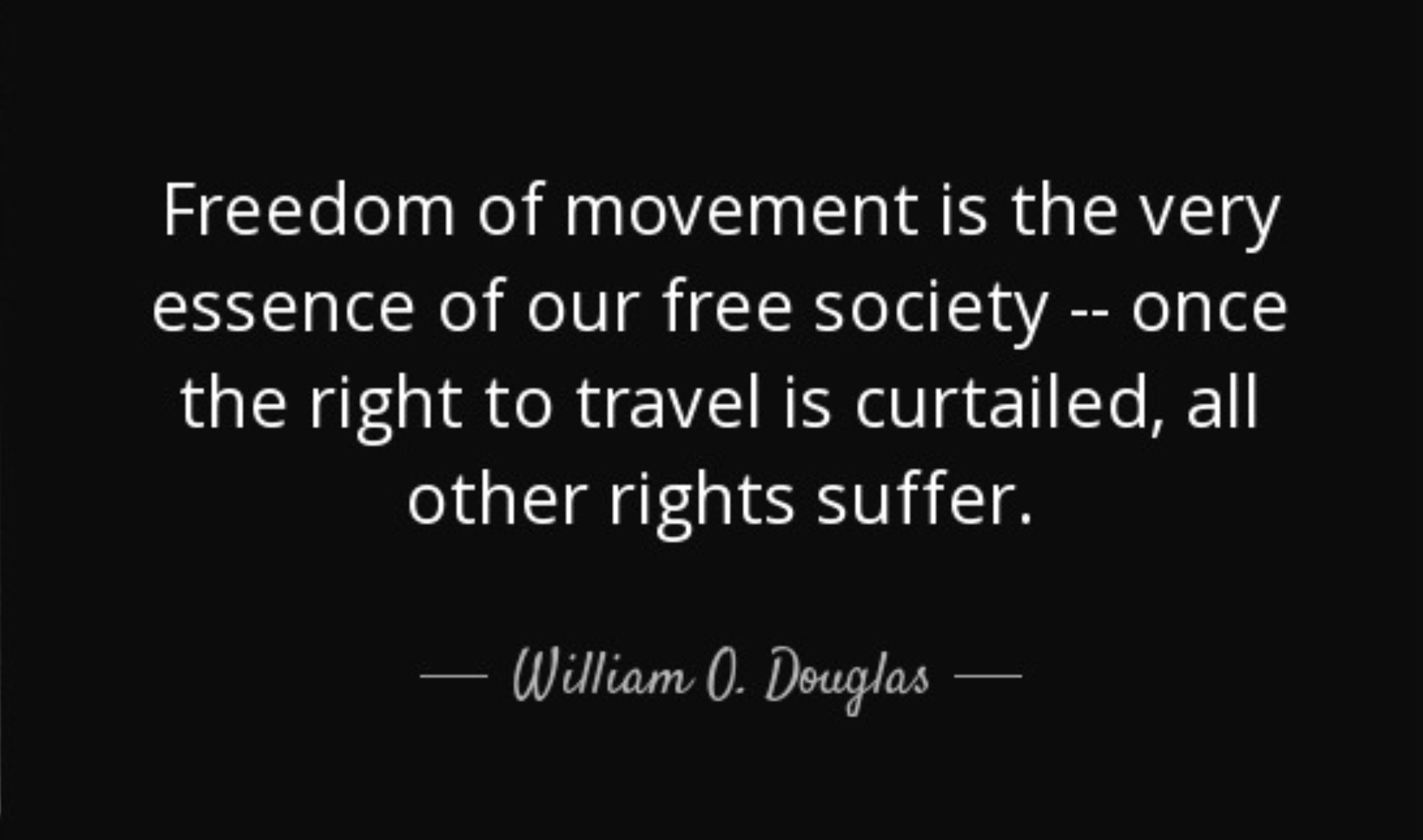MURPHY J.
ANALYSIS OF THE COMMAND IN S. 92.
11. Meaning of "Trade and Commerce...Among the States". There has been a tendency to narrow the meaning of the phrase, "trade and commerce" in order to lessen the destructive effects of interpreting s. 92 so that it applies to other than fiscal charges. "...Among the States" has been treated as simply meaning "interstate". The phrase should not be given a narrow meaning. It is obviously comprehensive. (at p135)
12. "Trade and commerce...Among the States" extends into areas of intrastate commerce. The supposed line between interstate and intrastate the "straight, undeviating, Euclidian line" as Isaacs J. called it (Ex parte Nelson (No. 1) (1928) 42 CLR 209, at p 234 ), does not exist. (at p135)
13. Meaning of "intercourse". In the United States Constitution, "intercourse" has been implied into the concept of "commerce". Marshall C.J. said in Gibbons v. Ogden (1824) 9 Wheat 1, at p 189 (6 Law Ed 23, at p 68) "Commerce, undoubtedly, is traffic, but it is something more, it is 'intercourse'." As Corwin pointed out, "Marshall qualified the word 'intercourse' with the word 'commercial', thus retaining the element of monetary transactions" (see Constitution of United States of America (Annotated) (1973) Senate Document No. 92-82, p. 143). However, the word was included expressly in our s. 92. The absence of the word from s. 51(i) suggests that "intercourse" in s. 92 is not restricted to commercial intercourse. (at p135)
14. Meaning of "Absolutely Free". The inclusion of this phrase means that s. 92 contains a command subject to no exceptions. It frees absolutely trade, commerce and intercourse among the States from customs duties or similar taxes, direct or indirect. A toll on passage of persons is an example of a fiscal charge on intercourse among the States. A good example of an indirect imposition is found in Fox v. Robbins (1909) 8 CLR 115 . Absolute freedom can be applied to fiscal charges without difficulty, but it would produce chaos if applied to laws generally on interstate trade, commerce and intercourse. (at p135)
